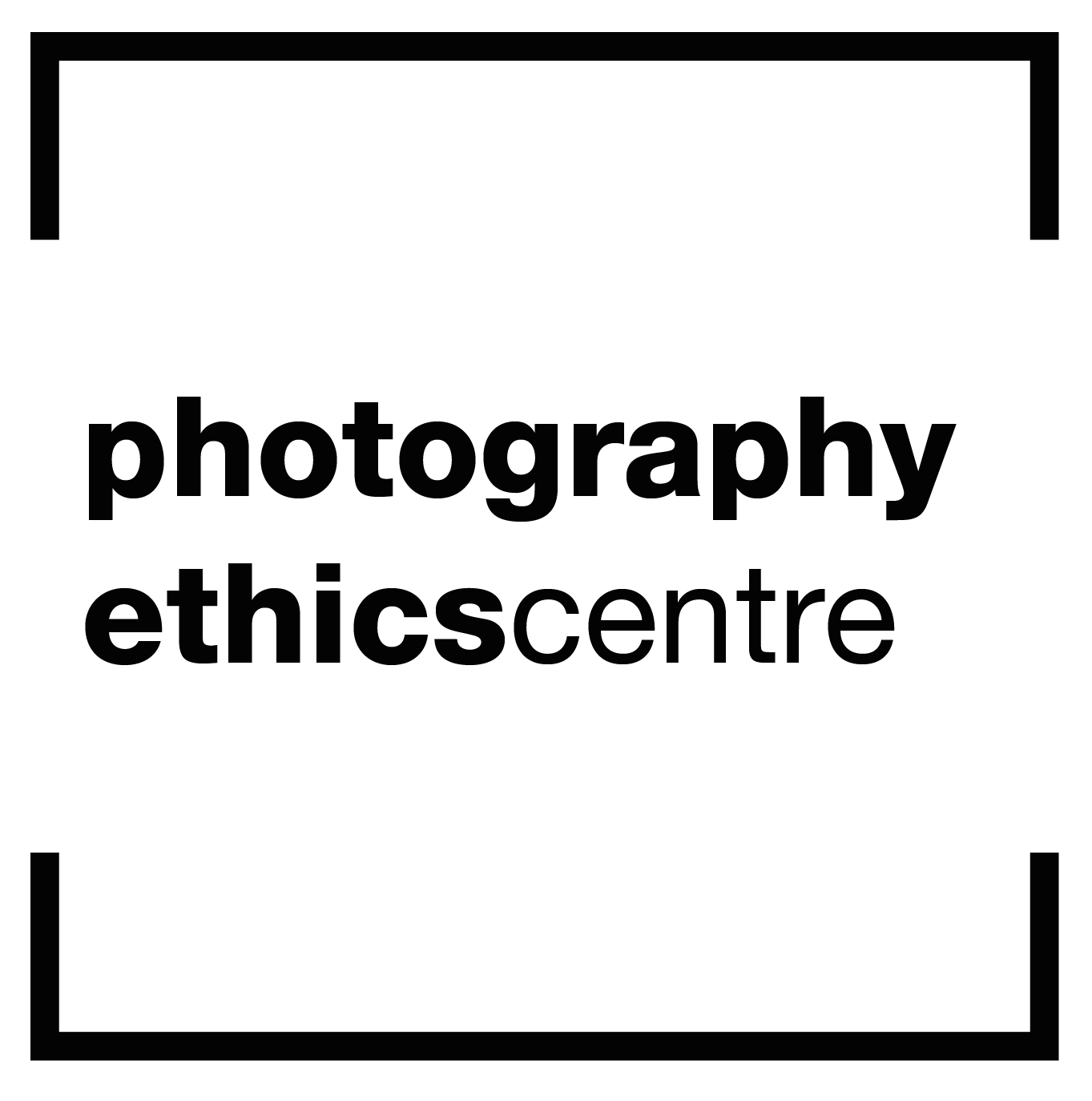Michèle Pearson Clarke: On Vulnerability
In this episode, we talk with Michèle Pearson Clarke about vulnerability. She talks about the ethical considerations of presenting other people’s vulnerabilities within a gallery space and the responsibility she feels towards the communities she works with. She describes the process she took to be vulnerable herself in her self-portraits. As an artist and a teacher, Michèle explains the impact different mediums and methods of presentation can have. And as a photo laureate, she describes her ambition to build the public’s understanding of visual literacy as they create and engage with photographs everyday.
What you’ll find inside:
‘Photographs are part of systems of power, photographs get used to communicate certain things, to hide certain things.’ (4.35)
‘Ethics no longer just applies to professional photographers right? We’re all publishers, we’re all broadcasters, we’re all making and disseminating photographs now.’ (5.06)
‘A lot of what we do is ego work as artists... It’s really okay to think that maybe your photograph is only going to do not that much in the world. Particularly when it comes to ethics, I think often there’s an overinflation of what we think our photographs will do or can do. And that often gets held up as justification for showing an image that people question.’ (8.10)
‘Especially given the history of making black people’s pain a spectacle for consumption, what does it mean to, not just ask people to be vulnerable, but what does it mean to show that in a gallery? What does it mean to present and display black and queer vulnerability and pain in the gallery space?’ (12.25)
On creating a website to aid informed consent: ‘For every project I build a project website that allows me a lot of space to be able to say who I am, why I’m making what I’m making, where it will show. I just put all the information I can about what I’m doing… so people can read that on their own time before deciding yes I would like to participate.’ (14.50)
On her self portrait series: ‘I’ve been reflecting on what does it mean to be read as moving from a young black boy to being read as a black middle aged man? And for some people a black man is a very threatening thing.’ (25.35)
‘The self portrait series is intentionally photographic because on the one hand when I’m out walking down the street I don’t want you staring at me, trying to figure out if I’m a man or a woman... but in the gallery I’ve intentionally decided, you can look as long as you want.’ (29.46)
‘Audiences too have responsibilities, and I think it’s something that often galleries shy away from. I think it’s okay to ask the audience to do some work.’ (32.15)
What does photo ethics mean to Michèle?
‘I think photography ethics… it foregrounds to me that I see myself less as an individual with rights and more as part of a community to whom I have responsibilities. And so it is a way of working, and not just in the making of the photograph, everything. It is a way of addressing people in emails, it's a way of working with galleries, it's everything that I do. It's the way that I teach, how I treat my students, how I build my lesson plans. It’s foregrounding the responsibilities that I have as part of a community and thinking about… as I said, power is embedded in all of those positions I hold - artist, teacher, photo laureate - I hold a certain amount of power. So it means how do I leverage that power… I mean it’s hard because ethics always equates morals. And for me it's not so much about good and bad but it's about harm reduction almost. One of the things humans are really good at is we hurt each other. Sometimes intentionally, most times unintentionally. And so how do I make decisions? How do I set up processes that hopefully minimise harm as I pursue the things that I’m drawn to pursue.’ (41.50)
Links:
Michèle Pearson Clarke is an artist, writer, and educator who works in photography, film, video, and installation. Using archival, performative and process-oriented strategies, her work situates grief as a site of possibility for social engagement and political connection. Born in Trinidad and based in Toronto, her work has been included in exhibitions and screenings at the Musée des beaux-arts de Montréal, Art Gallery of Nova Scotia, Royal Ontario Museum, Lagos Photo Festival, Museum of Contemporary Art Chicago, Maryland Institute College of Art, ltd Los Angeles, Ryerson Image Centre, and Gallery 44 Centre for Contemporary Photographer. Most recently, she served as the second Photo Laureate for the City of Toronto (2019-2022), and her work was added to the collection of the National Gallery of Canada. Clarke holds a Master of Social Work from the University of Toronto, and in 2015 she received her Master of Fine Arts in Documentary Media from Toronto Metropolitan University (formerly Ryerson), where she is an Assistant Professor in Photography in the School of Image Arts.
You can see her work at http://michelepearsonclarke.com.
Thank you to Redeye, The Photograph Network, for partnering with us to produce Season 3 of The Photo Ethics Podcast. Redeye is a not-for-profit organisation with a strong ethical focus, offering support and opportunities to help you advance your photography and your career. Find out more at http://www.redeye.org.uk.
